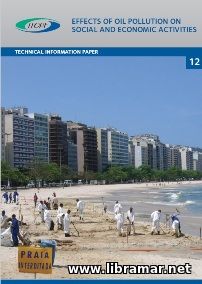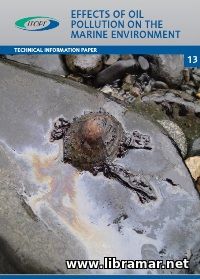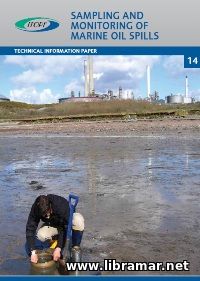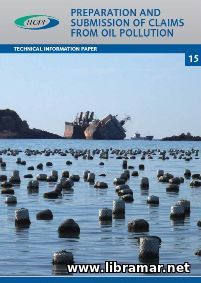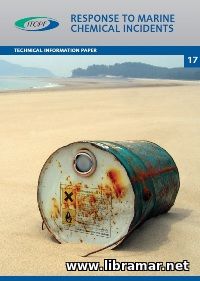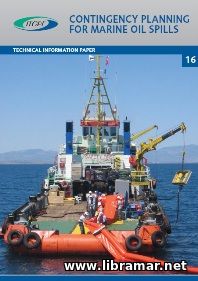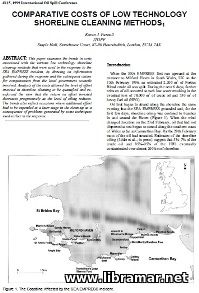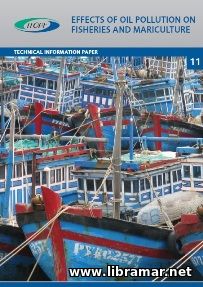
The marine oil spills can result in very serious damage to the fishery as well as to the various mariculture resources - this is commonly caused by the physical contamination and also different toxic effects; another negative consequence of the oil spills is disruption of the business activities. The extent of the oil spills and their impact on production of the seafood mainly depends on the oil characteristics as well as on the circumstances of the particular incidents and many other factors.
The present technical paper will be describing the effects of the oil pollution from ships providing required guidance on the management strategies and effective spill response measures which may be helpful in reducing the overall severity of the impacts. We know that the mariculture and fishing are considered important industries and they can be affected by the spills in numerous different ways.
For example the plants and animals that are exploited on a commercial basis may get harmed as a result of smothering. Another consequence is contamination of the seafood. Among the chemical and physical characteristics of the oil we would particularly focus on density and viscosity as well as its chemical composition...
